Survival is based on three necessities; food, shelter and water. Our planet is made up of 71% water and even our bodies are made up of 60% water, so it’s no wonder that a solid business plan includes the bottling, distribution and selling of H2O. In recent history, the water industry has taken a different approach to supplying an area with proper hydration, in fact, in the past, people would settle next to natural water supplies to ensure proper access, but as the world has grown, and people have spread out, more companies are banking on the fact that people living in remote areas, urban settings, and other habitats are relying on them to scoop up, bottle, and ship their water directly to their homes. So what are all the different “types” of water out there, and how do you distinguish which is which?
Knowing your Bottled Water
- Filtered Water – filtered water is when a person buys a third party filtration system used in their home. The filter uses carbon, also called activated charcoal, which is basically charred wood or other natural substance. The carbon molecule in those filters extract minerals and some toxic chemicals.
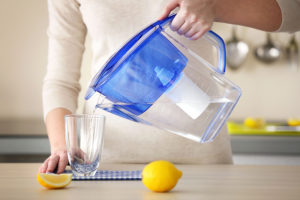 Currently there are no federal regulations regarding the design or effectiveness of water filters, however four of the 50 U.S. states (California, Iowa, Massachusetts, and Wisconsin) have regulations and requirements for some types of water filters installed, sold or distributed in their state.
Currently there are no federal regulations regarding the design or effectiveness of water filters, however four of the 50 U.S. states (California, Iowa, Massachusetts, and Wisconsin) have regulations and requirements for some types of water filters installed, sold or distributed in their state. - Spring Water- is defined as water found in an underground water source that flows naturally to the surface of the earth. Spring water is “regulated” to be collected only through the source of the spring or through a borehole tapping the underground reservoir directly.
- Purified Water – is water that has been purified using reverse osmosis, or other processes that meet the definition of “purified” water in the regulations stated by the United States Pharmacopoeia. Reverse osmosis is the process in which impurities are dissolved using a filtration system, often a membrane to separate such impurities such as salt and sediment.
- Distilled Water – is
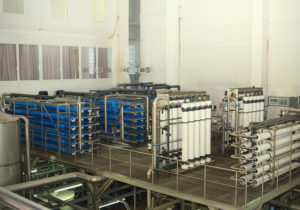 similar to purified water in that it is created using a distillery. Water created in this way has specific guidelines and regulations that the company must meet and follow to pass the purity test of the water industry.
similar to purified water in that it is created using a distillery. Water created in this way has specific guidelines and regulations that the company must meet and follow to pass the purity test of the water industry.
Distilled water typically has the most pristine results of water due to the extremely controlled environment by which it is created.
Behind Bottled Water
Now that we know a bit about how drinking water is created, what about how we are spending our hard earned money on “healthy” and “pure” drinking water. Understanding what types of water you are buying is an important factor when it comes to your personal health. Experts tested the following water sources and here is what they found:
- Bottled Water VS Tap Water – one study done by the city of Cleveland found that bottled water companies are not sanctioned to disclose as much information on their product as municipal sources, giving way for more impurities and toxins than we may know.
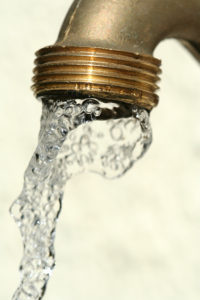 For example, Cleveland found that Fiji water had levels of arsenic in their product that was not found in the city’s water supply, making this particular alternative quite deadly.
For example, Cleveland found that Fiji water had levels of arsenic in their product that was not found in the city’s water supply, making this particular alternative quite deadly. - Danger of Plastic – As bottled water companies continue to increase the use of BPA-free plastic, they continue to lace the plastic with other chemicals that can seep out if exposed to extreme heat or sitting on the shelf for long periods of time. Those said chemicals have been linked to possible complications in the endocrine disruptors and at this time there are no definitive knowledge of the long-term impact on your health when exposed to these chemicals.
- Fancy Tap Water- buying expensive bottled water is not always what it seems, and studies have shown that approximately 25% of the bottled water shipped throughout the US actually comes directly from the tap. Companies justify their glorified tap water by treating their golden fluid with filtration or ultraviolet light before selling it, but even then we are just buying water from the tap.
Environmental Impact of Bottled Water
If you are still wondering about the benefits vs risk of bottled water, then consider the long-term environmental impact this big business has on the world on a daily basis. Everyone knows that plastic is a non-biodegradable material, and with more than 167 bottled waters used by a single person in the United States on a yearly basis, the amount of “trash” created by this big business is staggering. 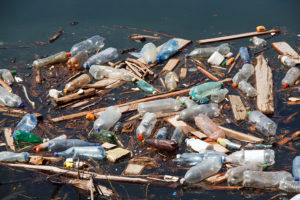 Combined with the amount of natural resources used to create the bottle in the first place and the by product of poisonous gas and toxic waste, the trade off is no where near where it needs to be to continue supporting this product.
Combined with the amount of natural resources used to create the bottle in the first place and the by product of poisonous gas and toxic waste, the trade off is no where near where it needs to be to continue supporting this product.
- Natural Resource Consumption – it is reported that it takes over 17 million barrels of oil a year to fuel the bottled water industry which is three times the resource needed for a single bottle. But that’s just the creation of the bottle itself, then the product has to be packaged, shipped and cooled in storage creating even more use of natural resources such as petroleum, electricity and other resources. All for a single bottle of water that you could get from your tap.
- Landfills and Trash – even though we have made great strides in our efforts to recycle plastic, the fact of the matter is that 86% of our plastic bottles still end up in the garbage flooding the local landfills throughout the country. With an average decomposition life span of 700 years, these convenient, yet unnecessary products are continuously impacting our environment on a daily basis.
- Harmful Chemicals – many studies have shown that the polycarbonate used in certain plastics in our home, including bottled water, gradually leaches out a chemical called bisphenol-A or BPA. This chemical is attributed to altering hormones and other potential health effects. In addition to leaching, more than 180 species of animals have been documented ingesting plastic causing chemical toxicity and even premature death.
While we look for healthier ways to live our lives, it’s important to understand that big business is not always working to our advantage. I admit that I grab a bottle of water from time to time, and not because it’s healthy in some cases, but because it is more convenient on the go, but that doesn’t mean our decisions to drink bottled water are without impact. Bottled water is a multi billion dollar industry, and with more and more companies jumping on the bandwagon for the water demand, 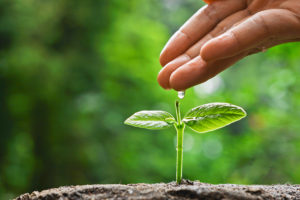 excessive natural resources being consumed on a daily basis to keep up with the demand, and the long-term impact of 700 years worth of trash littering our planet, it’s about time that we take a serious look into the benefits vs. risks of the water industry.
excessive natural resources being consumed on a daily basis to keep up with the demand, and the long-term impact of 700 years worth of trash littering our planet, it’s about time that we take a serious look into the benefits vs. risks of the water industry.
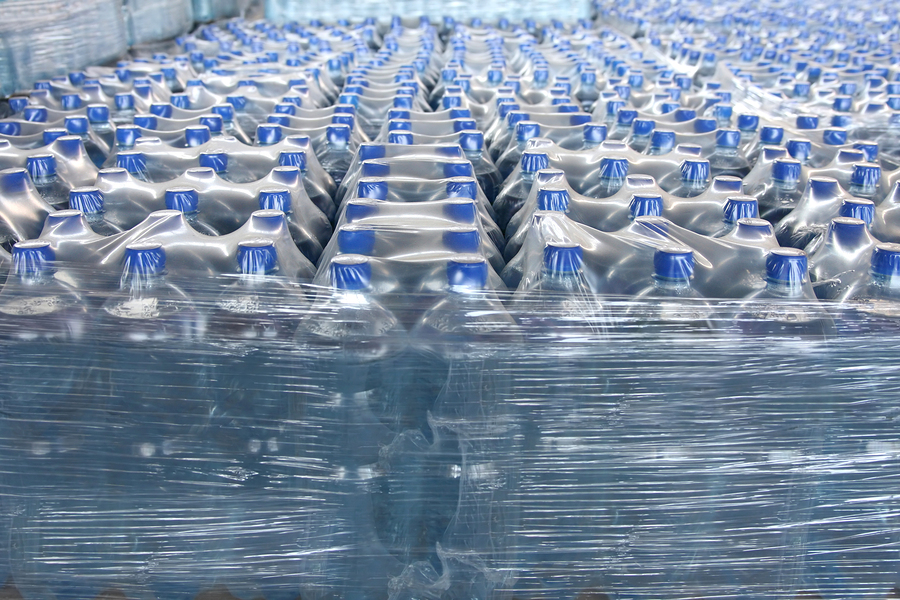


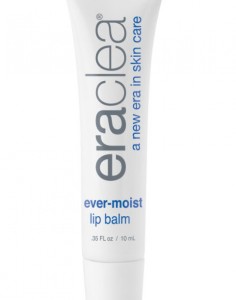
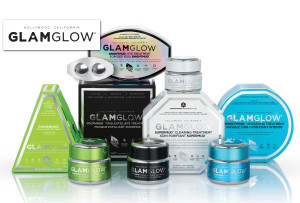



Leave a Reply